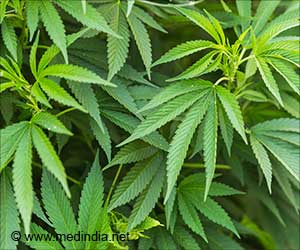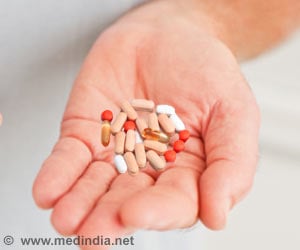A new study has found that children introduced to drink under the age of 15, even in supervised conditions, are more likely to become alcoholics.
Children who are introduced to drink under the age of 15 are more likely to become alcoholics, a new study has revealed.
Some parents let there young ones try a little wine at family meals in the hope that they will learn to drink responsibly.However, the new study suggests that liberals may have got it badly wrong.
The study from America's respected National Institute on Alcohol Abuse and Alcoholism (NIAAA) found that if young people have their first taste of alcohol before the age of 15 it sharply raises their risk of becoming alcohol dependent in later life.
"We can see for the first time the association between an early 'age of first drink' and an increased risk of alcohol use disorders that persists into adulthood," Timesonline quoted Deborah Dawson, a research scientist at the NIAAA, as saying.
U.S. has tougher restrictions - all states ban alcohol sales to under21s - but teen drinking still flourishes.
A study found that under21s drank 20 percent of all alcohol consumed in the United States and that one-third of high school pupils were binge-drinking once a month or more.
Such factors may play a significant role for some people, but the new study shows that early exposure to alcohol is a risk in itself.
One theory is that teenagers' brains are changing so fast that exposure to intoxicants can affect long-term development, creating a link between alcohol consumption and pleasure.
The researchers looked at data gathered over three years from more than 22,000 young Americans. These were divided into three groups: those who first drank under the age of 15, between 15 and 17, and 18 or over.
The researchers then examined drinking patterns that evolved in each of the three groups and at the first incidence of alcohol abuse or dependence.
Howard Moss, associate director for clinical and translational research at the NIAAA, said the study showed that it was important to delay the onset of drinking behavior as late as possible.
"Early alcohol consumption itself, as a misguided choice, is driving the relationship between early drinking and risk for development of later alcohol problems," he said.
Source-ANI
RAS/SK
 MEDINDIA
MEDINDIA




 Email
Email






